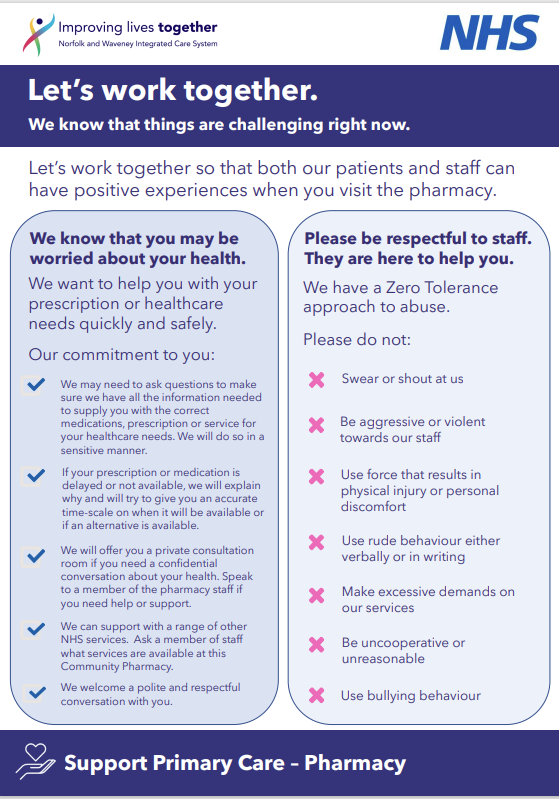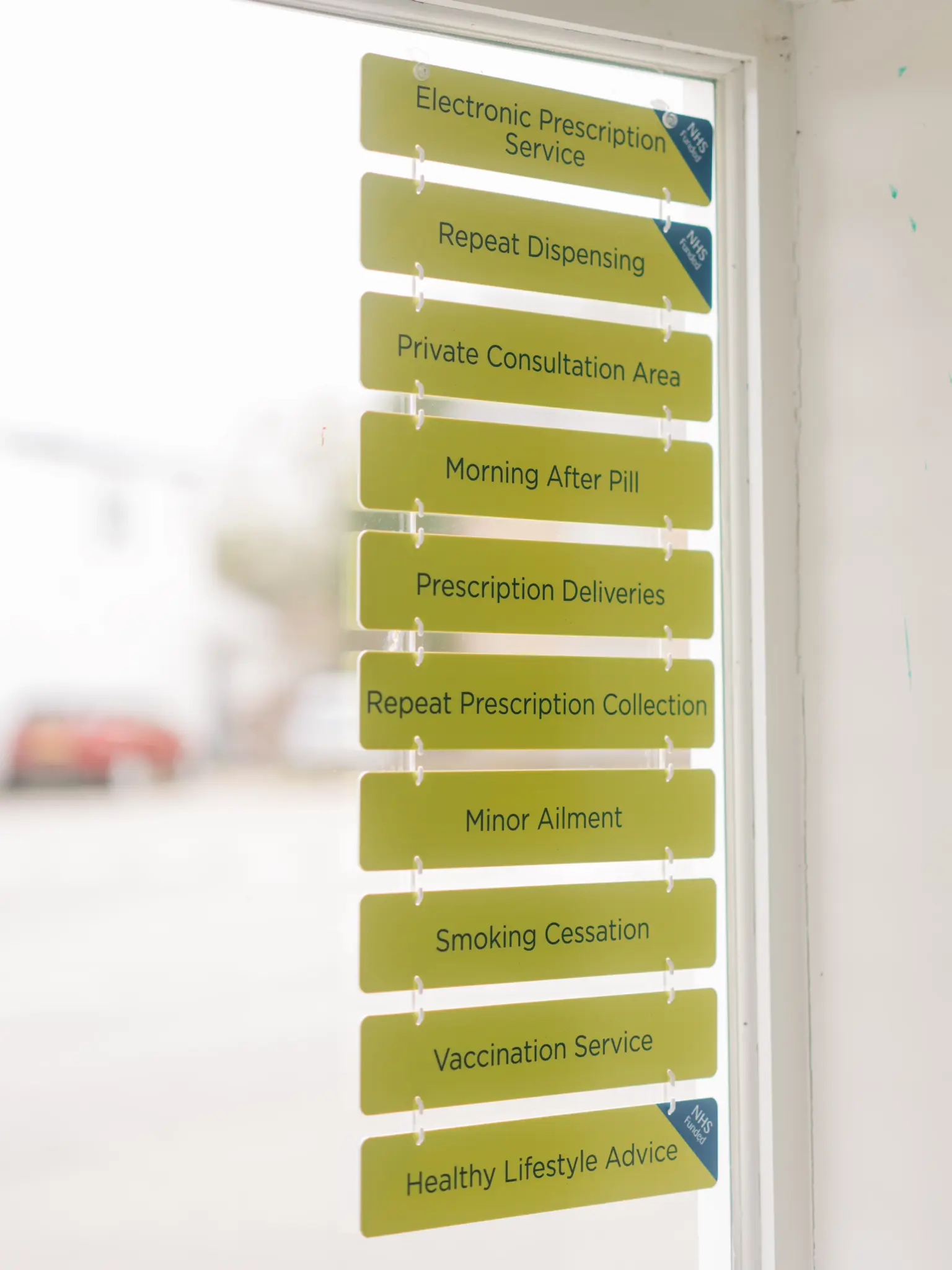Community Pharmacy Assurance Framework (CPAF)
Community Pharmacy Assurance Framework (CPAF)
To ensure that patients and members of the public receive safe, effective and high quality pharmaceutical services, NHS England has processes in place to monitor compliance by pharmacy contractors, who are included in one of NHS England’s pharmaceutical lists, with the terms of service set out in the NHS (Pharmaceutical and Local Pharmaceutical Services) Regulations 2013 (the 2013 regulations).
One of these processes is the use of the Community Pharmacy Assurance Framework (CPAF) to be conducted in two parts.
All pharmacy contractors to be invited to complete a short screening questionnaire consisting of ten questions to assure themselves and NHS England that they are compliant with the terms of service.
The data collected from this questionnaire along with other information held by NHS England to be used to shortlist pharmacies to be considered for a contract monitoring visit. Only these pharmacies are asked to complete a full CPAF questionnaire. A copy of the full CPAF can be viewed here.
This approach means that the majority of contractors do not need to complete the full CPAF questionnaire. However, both the Pharmaceutical Services Negotiating Committee (the PSNC) and NHS England recommend that all pharmacy contractors make use of the full CPAF questionnaire to assure themselves that they are compliant with the terms of service.
Thank you in advance for your cooperation in this exercise.
Please note: LPCs will not be routinely informed of which pharmacies will be asked to complete full CPAF returns so please email Tonydean@norfolkpharmacies.co.uk if you are notified of the need to complete this and require advice on the completion of this questionnaire.
Within the pharmacist’s terms of service, a pharmacist shall allow persons authorised in writing by NHS England to enter and inspect his pharmacy at any reasonable time for the purpose of ascertaining whether or not the pharmacist is complying with the requirements of their terms of service. Where the pharmacist requests it, the LPC can be present at the inspection.
Any visit should be planned carefully so as not to impact negatively on the day-to-day running of the pharmacy. Patients of pharmacies do not require appointments therefore any inspection teams should not necessarily expect to have the pharmacist devoted to them during any visit, nor should any inspection disrupt the concentration of pharmacy staff in the provision of care to patients.



